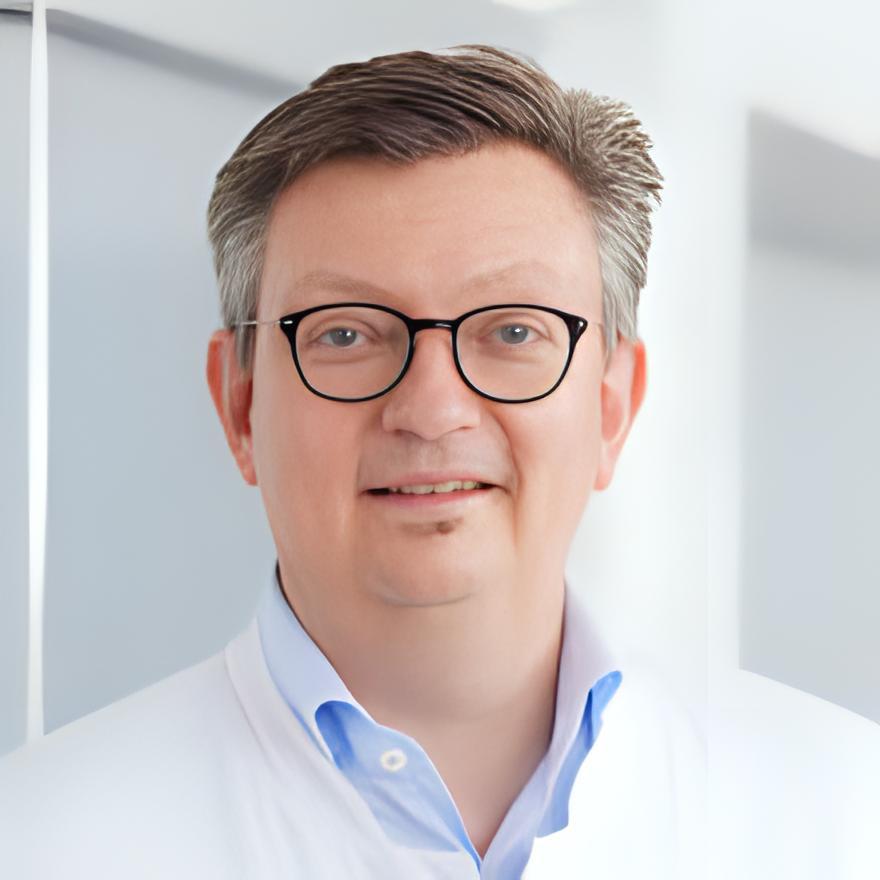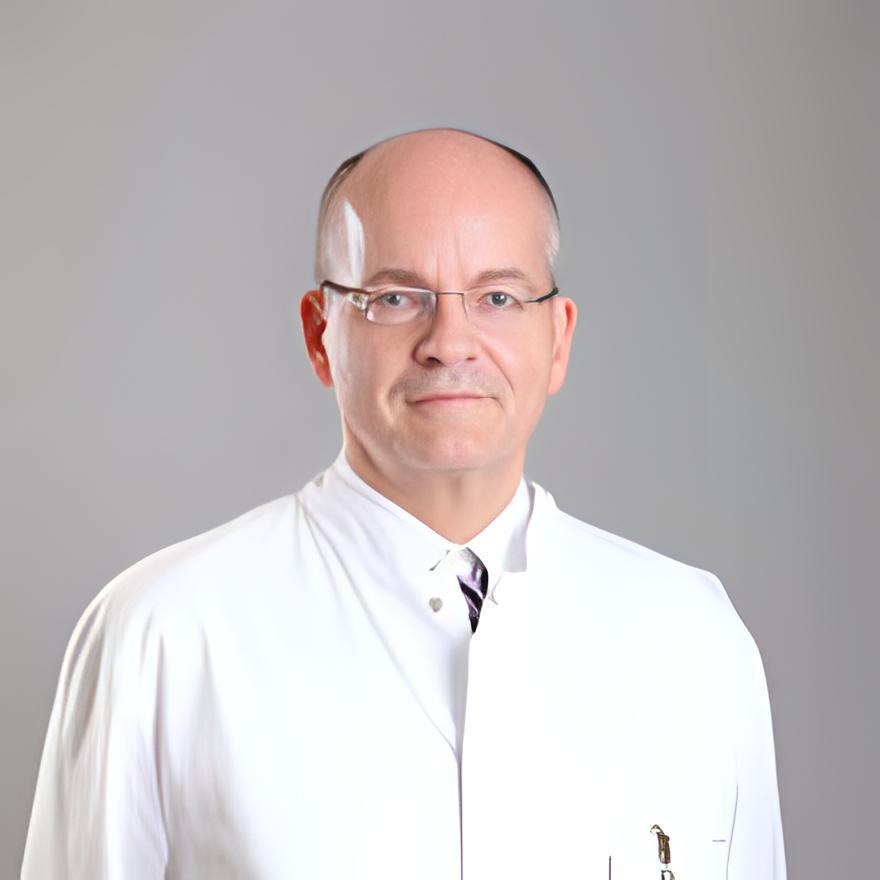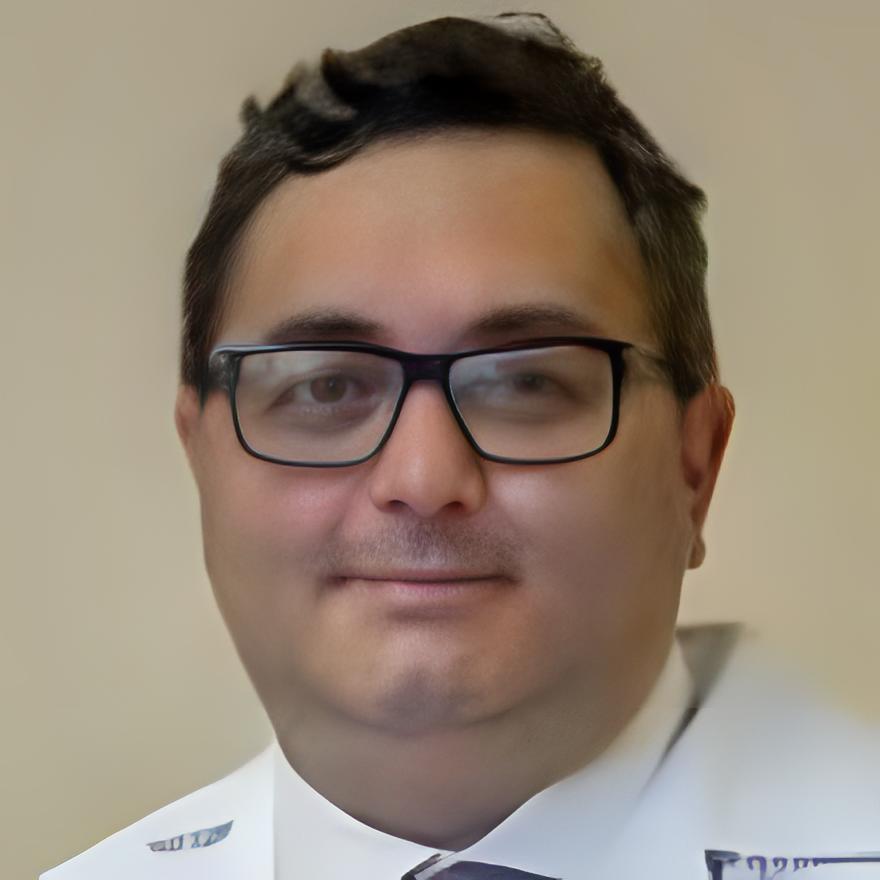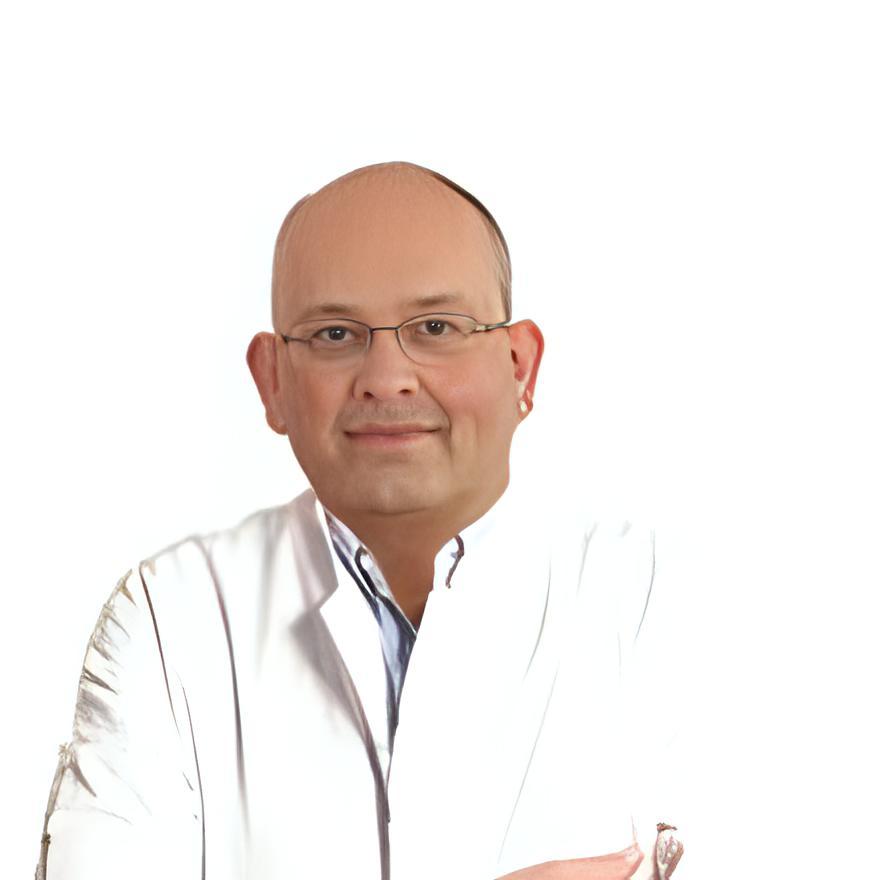Intestinal Cancer Guide

90% of colon cancer is curable if caught early.
Every 3-4th patient of colorectal cancer has a family history of it.
60% of death because of colorectal cancer can be prevented by screening.
85% of small bowel cancer patients detected at the early stages live five years and more.
 What is the role of the intestine?
What is the role of the intestine?
The intestines are part of the digestive (GI) tract and take food and vitamins. The small and large bowels work together, making the main job — to break down food.
But the intestines do more than just digestion:
- Absorb nutrients,
- Keep the water balance,
- Protect from different pathogens,
- Produce several types of vitamins,
- Help wastes leave the body with feces.
As you know, many bacteria live in the large intestine. Studies have shown that bacteria in the gut affect mental and emotional functions.
 What is intestinal cancer?
What is intestinal cancer?
The surface of the intestines, called the mucosa, is about the size of half a badminton court. The inner level's cells divide quickly and get new ones every 4–5 days. So, because of what causes intestinal cancer, some healthy ones turn into cancerous ones and grow out of control, making a mass called a neoplasm.
 Cancer has different names and types based on where it starts. If you want to know if intestinal cancer is the same as colon cancer, we have to say no. Intestines include:
Cancer has different names and types based on where it starts. If you want to know if intestinal cancer is the same as colon cancer, we have to say no. Intestines include:
- Small bowel that divides into duodenum, jejunum, and ileum.
- Large bowel – colon and rectum.
And in each part, the malignant tumor can develop. It can be intestinal adenocarcinoma. It is a tumor from cells lining the inner part of the intestine’s wall. When the neoplasm affects the large bowel, in the case of rectal or colon cancer, it happens mostly. In small intestine tumors, the most found malignant growth is carcinoid tumors located in the first section of the intestine near the stomach (duodenum) or, in the middle, the jejunum. They are infrequent, with only 1-3% of cancers in the other parts of the bowel. At the same time, to the question of what percentage of small intestine tumors are malignant, we can notice that it is about 64%.
Based on the statistics, intestinal cancer is the third most common cancer affecting men and women. In 2021, more than 2 million new cases of colorectal cancer were recorded. Doctors often diagnose this form in people over 55 years old. Recent research from the American Cancer Society shows that the number of people with intestinal tumors goes up every year, and one in 24 people during their life gets one of them.
 How about the risk factors?
How about the risk factors?
A risk factor means you have anything that makes you more likely to get a disease. And you could still get a tumor in the intestines even if you don't have any risk factors.
Some things that raise your chances to put you at risk for intestine tumors are:
- Age: The risk of cancer increases. On average, people are diagnosed at age 65-70. Males are slightly more likely to get cancer in the intestines.
- Race: Black people are a little more likely to get these cancers than others.
- Inherited genetic conditions: familial adenomatous polyposis (FAP), Peutz-Jeghers syndrome, hereditary nonpolyposis colorectal cancer (HNPCC), and Lynch syndrome.
- Inflammatory conditions: Crohn's disease, celiac disease, and ulcerative colitis cause chronic inflammation in the bowels and may increase the risk of cancer intestines.
- Autoimmune disorders or a weakened immune system: HIV/AIDS, chronic inflammation from the condition listed above, which all weaken the immune system, may increase your risk. Radiation therapy has the same effect. Your risk may also increase if you take drugs after an organ transplant that weaken the immune system. It is one of the small intestine cancer causes too.
Some studies have found that eating salty, smoked, or red meat, smoking, and drinking alcohol may all increase the risk of cancerous growth.
Lifestyle choices that may make you more likely to get sizeable intestinal cancer are:
- Not being active enough on a routine basis.
- A food reduced in vegetables and fruits, low-fiber, high-fat, or processed meat-heavy diet.
- Weight problems.
- Drinking alcohol and tobacco use.
Can intestine cancer be prevented?
Concerning colorectal tumors, numerous clinical trials said that 6 of every ten cancer cases could be avoided by a healthy lifestyle and screening tests like a colonoscopy. If you are looking for how to prevent small intestine cancer, these measures may help:
- Eat healthy food,
- Stop alcohol drinking, and smoking,
- If you are in the high-risk group, visit the doctor regularly for check-ups.
Upper endoscopy, CT scans, and endoscopic ultrasounds are some of the tests that are suggested. We can do all these in trusted clinics in Europe.
 Recognize if someone has cancer of the intestines
Recognize if someone has cancer of the intestines
Signs of small intestine cancer are often missed in the early stages. This is sad because a full recovery is the most likely outcome in these patients. Researchers claim that 9 of every 10 early detected patients with colon cancer are successfully curable.
As the tumor grows, the symptoms of intestinal cancer in humans appear more and more clearly.
For the upper part of the intestine, the “red flags” are:
- Stomach ache is a common symptom. After eating, it may start or worsen. As the tumor grows, it can delay gut food movement. It can hurt. If cancer grows enough, it can block the intestine. The discomfort becomes worse, causing nausea and throwing up.
- Cancer seldom causes intestinal perforations (or a hole in the wall). The intestine might leak through this opening. Perforation causes intense discomfort, nausea, and vomiting.
- An upper intestine cancer can bleed. Slow bleeding can cause anemia that causes fatigue and weakness. Fast bleeding can turn stool black and tarry. The person may feel dizzy.
- Jaundice can be caused by duodenum cancer. If a tumor blocks the bile duct, liver contents can't enter the gut.
For the large part:
- Prolonged changes in how the intestines work, such as more frequent bowel movements, more liquid stools, and sometimes abdominal pain;
- Blood in feces without other hemorrhoid symptoms, which means the person probably doesn't have hemorrhoids;
- Pain, discomfort, or bloating in the abdomen makes the person eat less and lose weight.
If you have had these probably intestinal tumor symptoms, even for a short time, immediately see a doctor.
 Diagnostic tests to determine what happens
Diagnostic tests to determine what happens
The doctor always starts by asking about your symptoms and family history; then, she does a physical exam. Usually, the blood tests like FBC (full blood count) and blood chemistry are widely used for general health checking and how well the liver and kidneys work. More presided bowel cancer diagnosis helps gastroenterology doctors recognize malignant tumors inside the intestine:
- Barium X-ray examination. Bring to light any problems in the digestive tract. It is done by drinking a liquid with barium or having a barium enema. Doctors use it rarely.
- CT scans (computer tomography) use X-rays to take pictures of the inner body structure from different angles. When the computer puts these pictures together, it gives the doctor a three-dimensional picture that shows any changes or new shapes. CT is used to find the tumor and problems it can cause, like blockage and perforation.
- Standard and contrast MRI scans (magnetic resonance imaging) images are made with the help of magnetic fields. Contrast helps to see the tumors in the small intestine better.
- Upper, capsule, and double-balloon endoscopy. Each method lets the doctor see what’s wrong and take a small sample for a biopsy.
- A colonoscopy is performed when a doctor uses a flexible tube. The tube goes into the rectum. The image is then sent to the monitor by the video camera.
- During an endoscopy or after surgery, a biopsy can be done. After that, the lab does genetic tests to determine the best way to choose small bowel cancer treatment and colon cancer therapy.
- Testing for molecular biomarkers in the tumor. The tumor is tested in a lab to find specific genes and proteins. It helps people with intestinal cancer choose the proper treatment.
- Ultrasound: Sound waves are used to make the image of organs inside the body. For example, endorectal ultrasound is performed to determine how far the cancer has spread and to plan for more treatment.
- PET scan (positron emission tomography): areas that look suspicious are marked. The doctor puts a radioactive sugar substance into the veins during this test. This dye is actively taken up by cancer cells in the intestine. Scans show that bowel cancer is there and how far it has spread.
After running tests, the doctor will make a final diagnosis and determine the stage of the disease, which is essential for deciding how to treat cancer in the intestines.

Where to go to treat intestinal cancer?
 What treatment options can be offered to patients?
What treatment options can be offered to patients?
Tumors can be treated differently, depending on what part of the intestine is affected and how far cancer has spread. Most of the time, the patient will be given a combination of treatments to improve their health.
The most common ways to treat are:
- Surgery can remove a part of the intestine with a tumor with the surrounding tissues, the Whipple procedure for tumors on the small intestine, and such operation treatment as a colostomy. The last one can be temporary (so the intestine can heal completely) or permanent as a palliative help. Doctors perform both laparoscopic surgery and open surgery.
- Systemic chemo uses anti-cancer drugs that go all over the body and kill cancer cells wherever they are (microscopic cancer cells in the intestine or lymph nodes).
- Immunotherapy uses drugs to boost the immune system that kills cancer cells. It is suitable for small intestine cancer treatment or to treat tumors in any other part of the bowel.
- Targeted therapy affects only the part of the body where the disease is located and has little effect on the healthy tissues around it. At the molecular level, drugs stop cancer cells from growing and tumors in the intestines from spreading.
- Radiation therapy uses high-energy X-rays or particles sent to the affected area by special machines. The goal is to kill bowel cancer cells while harming the surrounding tissues as little as possible.
If cancer is detected early enough, the treatment can show good results in full cure and avoiding recurrence. Unfortunately, a complete cure is not always possible, and sometimes there is a risk that intestine cancer may return at a later stage. Recurrent cases are poorly treatable. However, even in such cases, it is possible to monitor symptoms and further spread through different methods.
What clinics are specialized in intestines cancer therapy?
 New ways to treat illness
New ways to treat illness
Over the past ten years, scientists and doctors worldwide have made much progress in treating intestinal cancer, which has changed the results of treatment in a big way. Because of this, many ways to treat intestinal cancer have grown. Doctors can now give patients specific, personalized treatments based on the molecular characteristics of their cancer.
Here's what they are:
- Transarterial chemoembolization (TACE) is an almost non-invasive procedure that involves putting chemotherapy directly into an intestinal tumor (through blood vessels) and blocking the blood arteries that supply the tumor with blood (embolization) to stop the blood supply and keep the chemotherapy inside the tumor.
- Hyperthermic intraperitoneal chemotherapy (HIPEC). One of the methods to treat small intestinal cancer. Chemotherapy is given inside the abdomen for spreading cancer when the lining inside the belly (called the peritoneum) is affected. In this case, chemotherapy is put right into the abdomen after surgery. Most of the time, the chemo is warmed up first to help it work better.
- Transarterial chemoperfusion (TACP) is a way to give chemo to a tumor locally. Chemotherapy drugs are put directly into the artery that feeds the intestinal tumor through a catheter. Cancer cells are killed by the high level of the drug inside the colon tumor.
- Proton therapy is radiotherapy in which a beam containing a certain amount of radiation (protons) is sent directly to the damaged area of the intestine, avoiding and not hurting other tissues.
- Brachytherapy, also called "internal radiotherapy," is an internal radiotherapy in which tiny granules containing a radiation source are injected directly into the intestine or the tissue next to it. It affects the area where the cancer is growing, called the “focus.”
- Surgical treatment (robot-assisted intestinal surgery da Vinci®) has significant advantages. There are minimally invasive and robotic surgery's high accuracy, three-dimensional vision, and enlarged image. Benefits include not having to make substantial cuts, being able to see better, and less blood loss, less time in the hospital, and a quick recovery.
Who diagnoses and treats intestinal cancer the best?
 Stats and predictions
Stats and predictions
When people are told they have intestinal cancer, they ask, "How will I be treated? Is my intestine cancer curable, and how long will I live?" No one can answer the question precisely because every patient is different. Overall, survival is an essential part of the disease's prognosis. Even though statistics can't tell you exactly what will happen, they can affect how the treatment is chosen.

The research from the American Society of Clinical Oncology says that 91% of people will be alive after five years in the first stage of intestinal cancer. 72% of people with metastatic stage II-III intestinal cancer that has spread to nearby areas live for five years. Only 14% of people with metastatic stage IV intestinal cancer live for five years.
If you are told you have intestinal cancer, you should know that your prognosis will be much better. You have found a group of experts who will help you choose a hospital, doctors, and the best way to treat intestinal cancer. Lastly, full recovery without more relapses is only possible if the patient is treated as an individual and the proper treatment strategy is chosen.
References:
- American Cancer Society: Survival Rates for Colorectal Cancer
- American Cancer Society: Treating Small Intestine Cancer (Adenocarcinoma)
- HCA Healthcare UK: New era of bowel cancer treatment
- National Cancer Institute: Colon Cancer Treatment (PDQ®)–Health Professional Version
- WCRF International: Colorectal cancer statistics
- Cancer Council: What is bowel cancer?
- NHS inform: Bowel cancer
- Cancer.Net: Colorectal Cancer: Risk Factors and Prevention
- Cancer Research UK: Risks and causes of bowel cancer

















